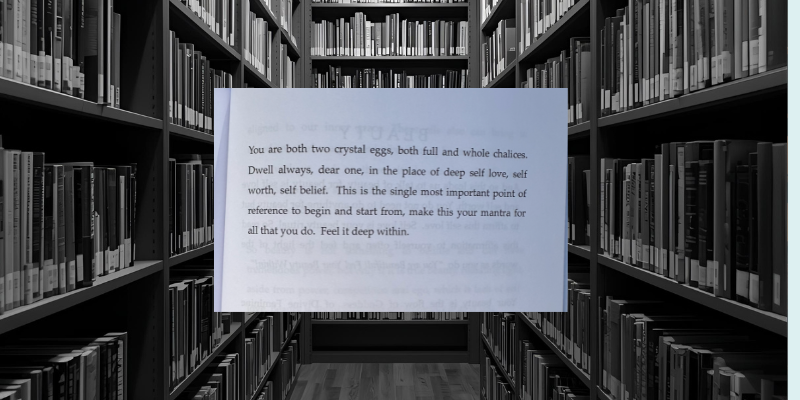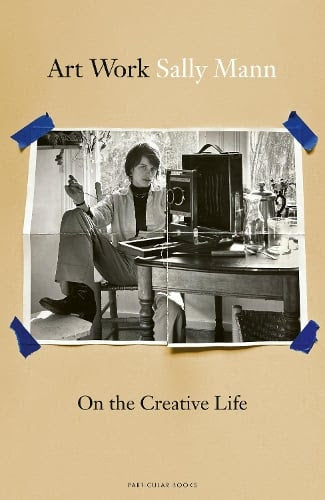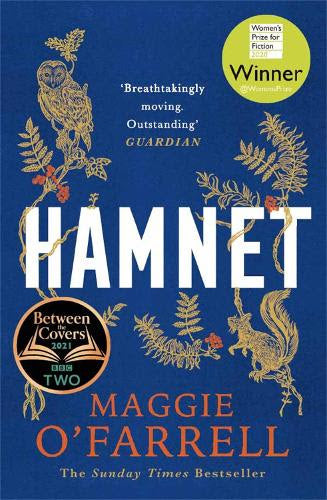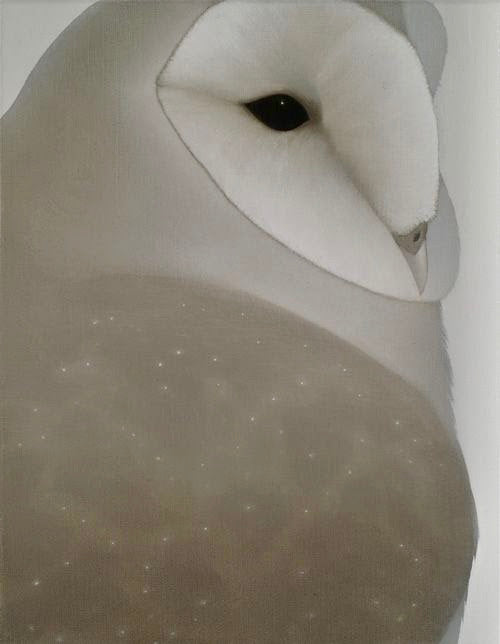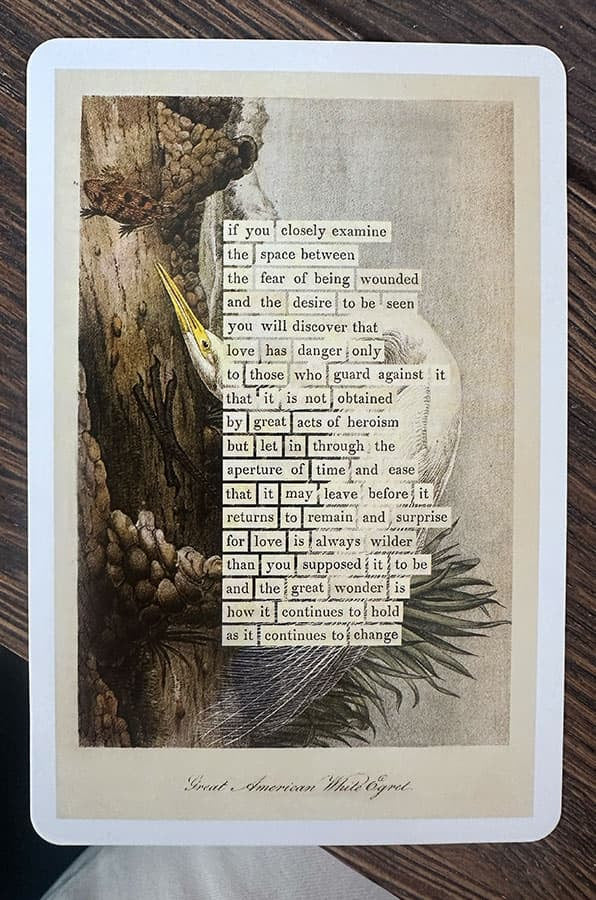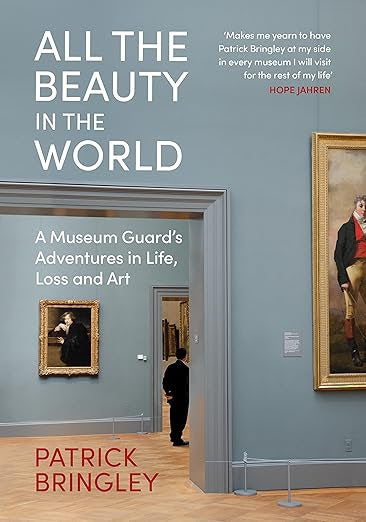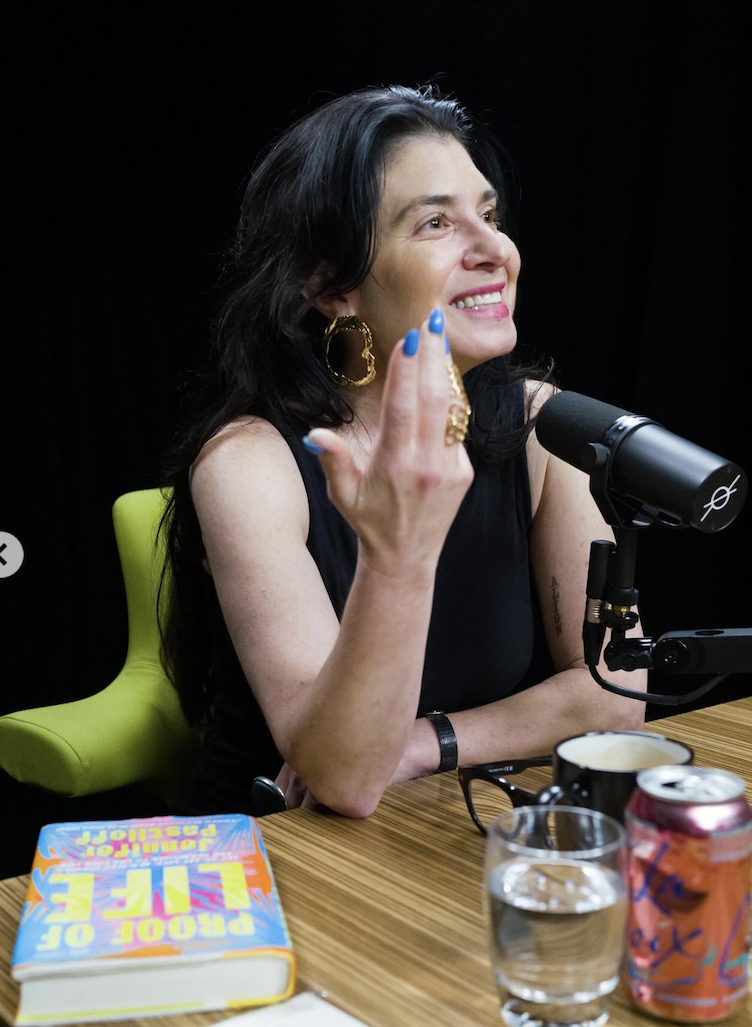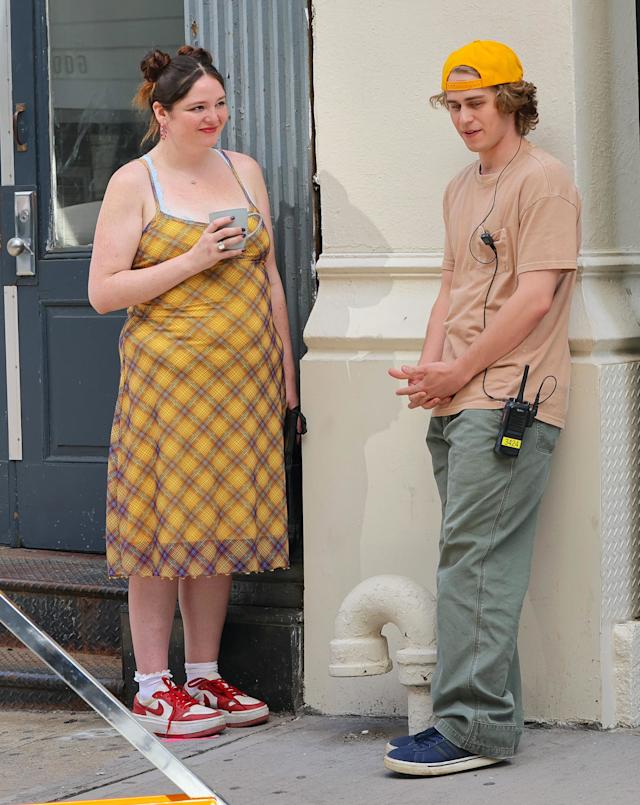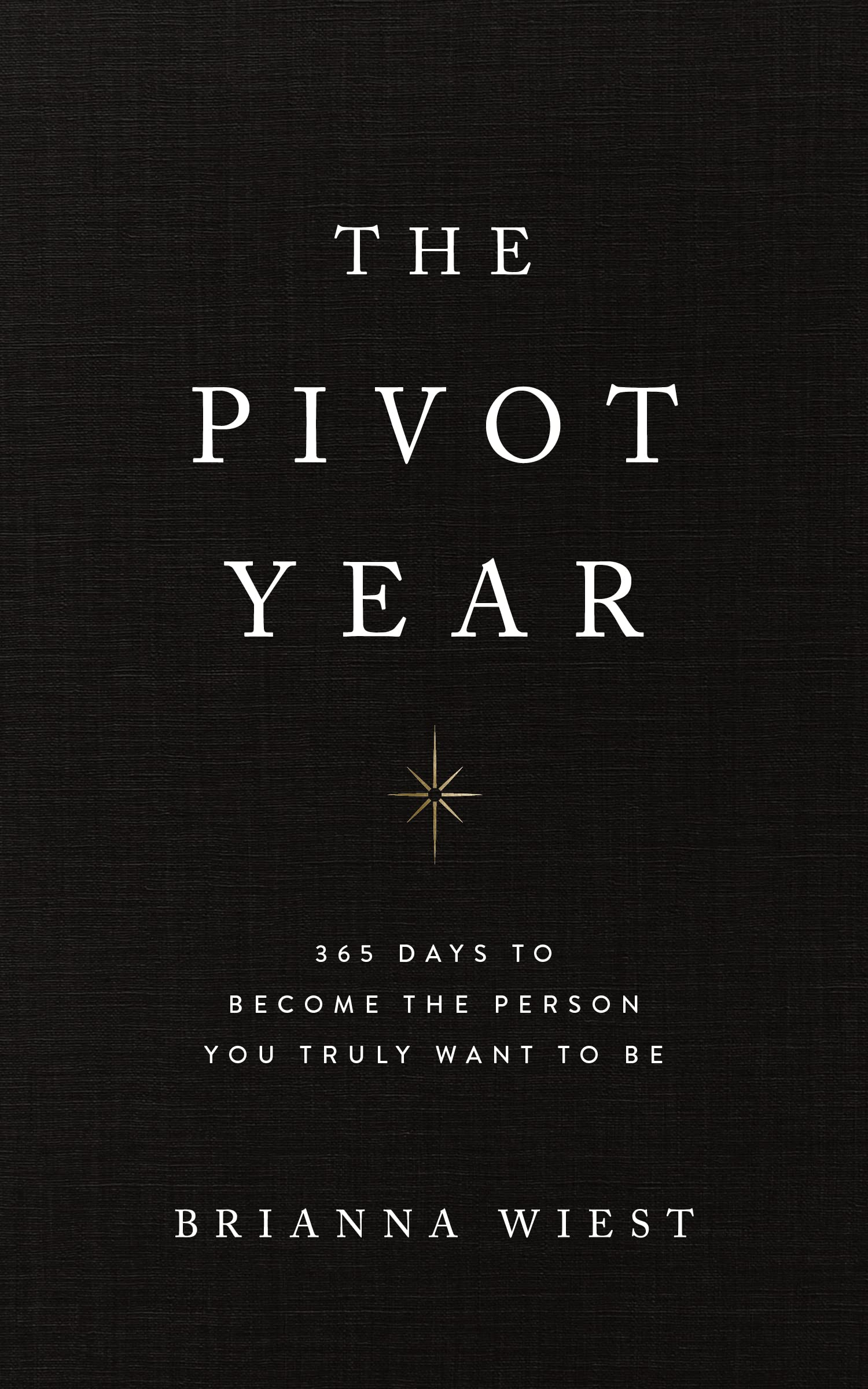From The Ground Up
The Journal
-
Issue 18
...read moreI've struggled slightly with this book, but I think it's perhaps because it's so quiet and detailed, so focused, that it feels like I need to force myself to go much slower in order to match the pace (and that's hard for me!). It's really a very beautiful portrayal of the intricate rhythm inside Monet's home and his devotion to the shifting light outside in his garden. The small domestic details feel as vivid as the paintings themselves and make you wonder whether there was much more than just light behind Monet's work; whether the entire ecosystem of care and domestic ritual around him was also woven within each considered stroke of his brush.
-
Issue 17
...read moreI've just devoured John Banville's The Sea. I couldn't put it down. Banville’s prose is perfect: precise, graceful, stylistic, with a brilliant, dry humour underlying it all. He explores how memory distorts reality, how beauty and horror coexist and how the self is composed of fragments — the living and the dead, the seen and the hidden.
The novel circles around the concept that we are never whole, only a shifting collage of past selves, moments and losses; an absurd mixture of tenderness and decay. The narrator looks closely at the component parts of his life, he confronts love in all its forms, the grotesque (age, illness, death) and realises that, somehow, all of that together is, as his wife says, "everything".
-
Issue 16
...read moreI’m currently reading The Secret History by Donna Tartt for the first time, and I paused today on the line: “Beauty is terror. Whatever we call beautiful, we quiver before it.”
It captures the novel's (/life's?) tension perfectly — that fine edge between awe and unease, between wanting to understand beauty and being undone by it. Tartt’s world of intellect and obsession feels both magnetic and disquieting; a reminder that what we seek to possess can also overwhelm us.
It made me think about the pursuit of beauty, what beauty really signifies and how the truest beauty should not be possessed, but simply named, witnessed and appreciated — as Stephen Colbert says, “I end up crying over beautiful things because they're beautiful, despite the grief of the world.”
-
Issue 15
...read moreFollowing Dr. Jane Goodall's passing and the softness of her femininity that was felt and projected, I decided this week to pick up Mary Magdalene, The Way of the Rose by Ishtara Ammuna Rose. It’s a spiritual meditation on the sacred feminine — on softness as strength, and on how love, compassion, and presence can become radical acts in a world that often prizes noise over nurture. It echoes the same quiet but powerful femininity with which Dr. Jane Goodall led her teachings; an invitation to return to tenderness, to intuition and to the kind of power that doesn’t need to shout to be felt.
-
Issue 14
...read moreArt Work: On the Creative Life by Sally Mann arrived in the post today and just a few chapters in, I know I've stumbled across something special. This is a field guide to the inner terrain of the artistic life: the hazards of early promise, the sting of rejection, the unpredictable role of luck and the stubborn necessity of showing up, even when nothing seems to be turning out right.To be truly creative is, we're told, to follow a series of small, daily acts, to take risks and to say "yes" when it scares you. Mann's prose hooked me from the start. It's spell-binding, honest, humble and generous...and woven withphotographs, journal entries, letters and stories. If ever there was a book to help you back yourself creatively and be brave, this is it.
-
Issue 13
...read moreI started reading Hamnet by Maggie O’Farrell on the weekend and am now savouring the last few pages. It's a life-breathing novel steeped in the elements of the natural world. At its centre is Agnes, Shakespeare’s wife, portrayed as a woman so attuned to plants, animals and the rhythms of the land that she is seen as a kind of forest witch. Her knowledge of herbs and healing, her instinctive reading of people and places, root the story firmly in nature’s cycles of birth, growth and decay. Against this backdrop, the sudden death of her son Hamnet becomes not only a profound personal grief, but also part of a larger meditation on the inevitability of loss woven into the fabric of life itself and the transformative power of creation through grief.
-
Issue 12
...read moreAll week I’ve been pulling from Maria Popova’s Almanac of Birds, and it drew me back to The Book of the Bird: Birds in Art — a gift from dear friends in 2017, when I was living in Singapore, which I hadn’t properly opened until now.
The book reveals, through stunning artworks both old and new, how birds are emblems of knowledge, messengers of mysticism and symbols of risk. The breaking of the egg is the first step into life; the leap from the cliff, the terrifying necessity of flight. Across cultures and centuries, artists return to birds as metaphors for what it means to begin, to trust and to launch into the unknown. For me, this is a meditation on freedom and fragility and the power to cross worlds with courage.
-
Issue 11
...read moreSometimes the fragments we gather aren’t shells or stones but words and ideas that shift the way we see the world. One of the most beautiful companions I’ve found recently, thanks to a recommendation from a very dear friend, is Maria Popova’s The Almanac of Birds. It gathers poetry, myth, science and art, all circling the lives of birds. For me, it feels like a more naturalistic, feasible form of tarot. Each day, I “turn a card” by opening to a new bird, and what I find there often lands with an almost eerie precision,offering wisdom that feels perfectly attuned.
-
Issue 10
...read moreHere you go, my life-affirming, plane journey read: All The Beauty In The World by Patrick Bringley. Don’t leave it on the shelf like I did. I hope it inspires you to observe and appreicate beauty in a slightly different way, and I hope, of course, that he inspires you to head to an art museum now and then to stand in silence and bathe in the life, light and vibrancy that the world’s greatest artists have left for us to enjoy.
-
Issue 09
...read moreCleansing the mind can be as powerful as cleansing the body. In Rich Roll’s conversation with Jennifer Pastiloff, she speaks candidly about losing her father as a child, how that grief distorted her sense of identity and how she slowly began to rewrite that story. One of her most resonant phrases is: "Your inner asshole is not telling you the truth."That voice in your head that criticises, doubts and undermines you is just noise. And cleansing the mind is about daring to silence it.What if the most radical act of healing is subtractive? A return to remembering who you really are.
-
Issue 08
...read moreI binge-watched Lena Dunham's Too Much this week. As chaotic, brilliantly funny, and whip-smart as the show is, what lingers most isn’t the raw real or the frenetic pacing; it’s the quiet ache beneath it all, the longing to be truly seen, to be held — not just metaphorically, but literally. It's a show about disconnection in the age of hyper-connection, and it's an impeccable portrayal of the emotionally-constipated British!Underneath all the glam and mess is the most basic human craving: real connection.
-
Issue 07
...read moreI’ve been dipping in and out ofThe Pivot Yearby Brianna Wiest over the past year, and it’s become something of a handbook for me. There’s no pressure to read it in order — just a page or two is often enough to shift perspective or lift the weight of a day.
I listened to Brianna on a podcast recently and was struck by how grounded and sincere she is. She came across as incredibly humble, warm, and clear. That same tone runs through every page. Somehow, whatever you’re going through, the words seem to meet you there. It’s a book I keep close.




